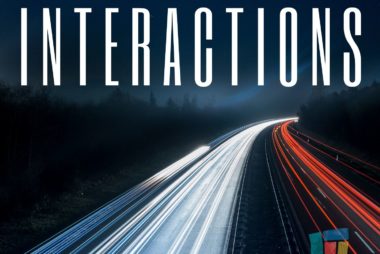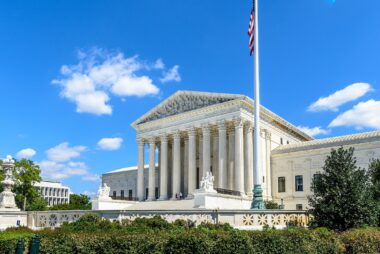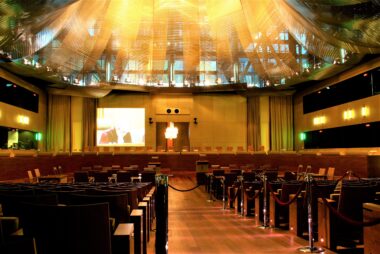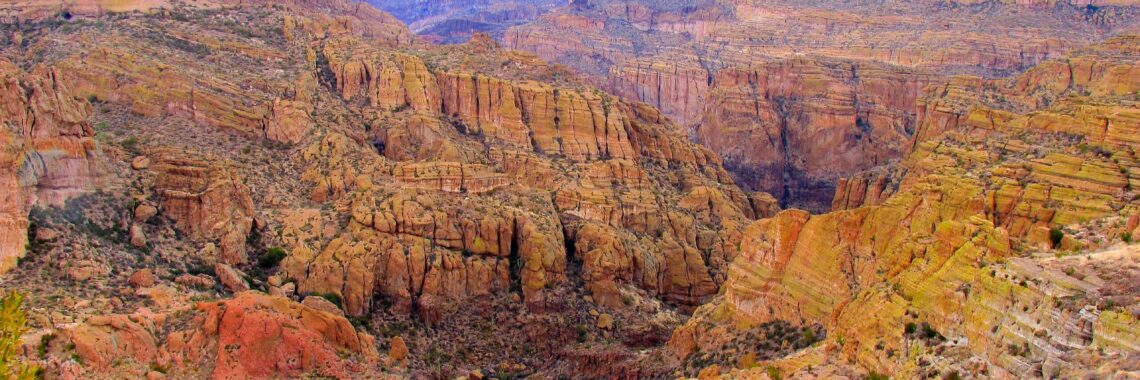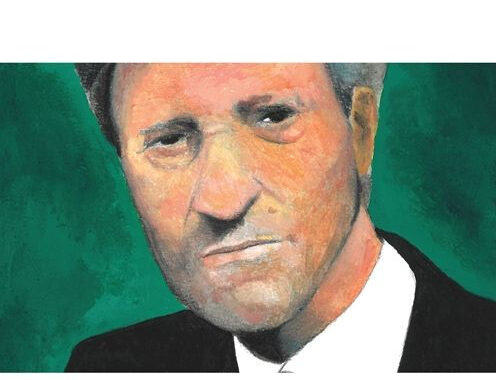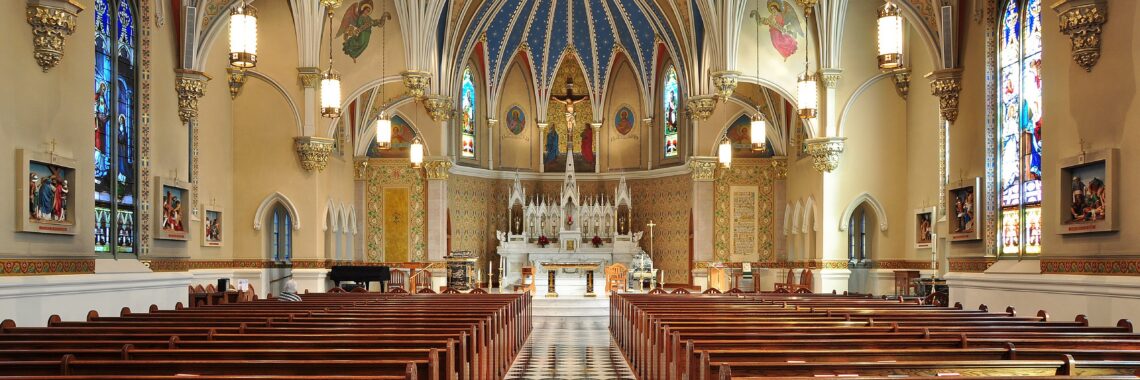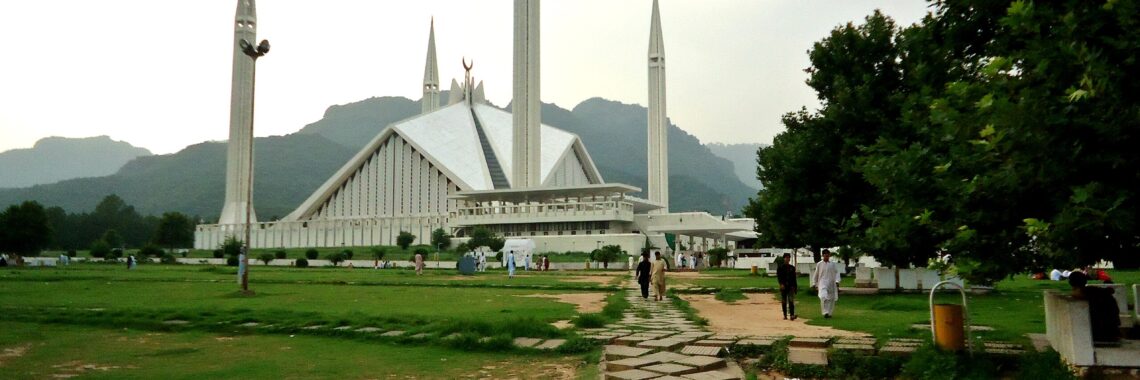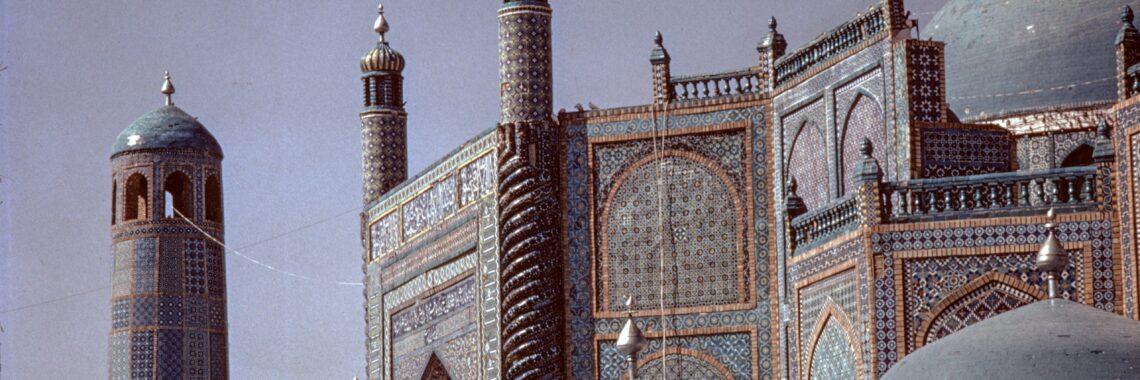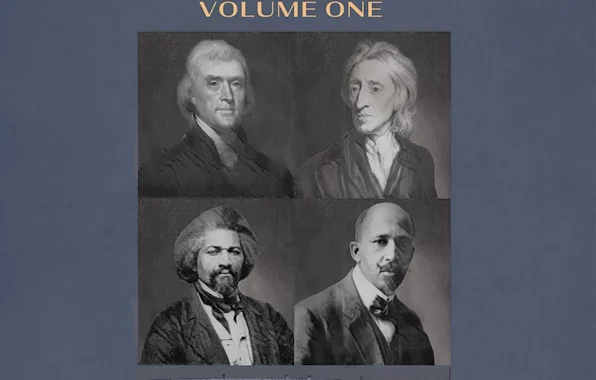“AI Regulation and the Risk of Ideological Capture: When Tech Becomes Religion” by Isaac May
Nature (AI) by Alan Warburton (CC BY 4.0). In 2014, users on LessWrong, an internet forum, encountered a post by a user named Roko, who posited that humanity would invent a superintelligence. This superintelligence would have the power to create fully accurate computerized simulations of people, essentially ending death. The AI, knowing that its creation…



